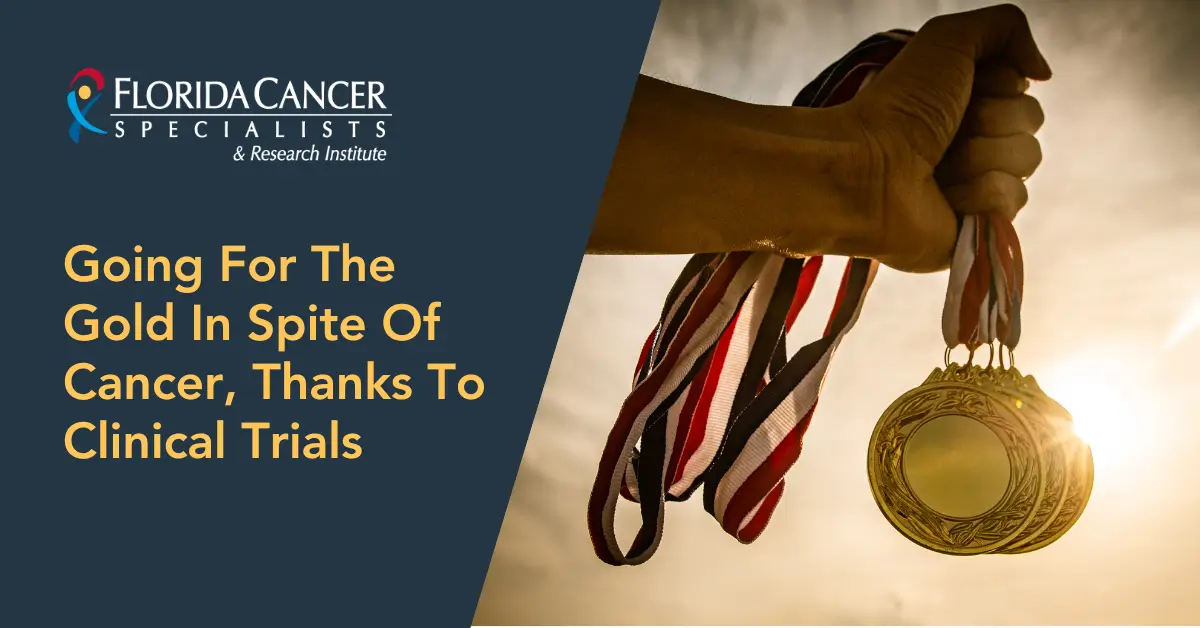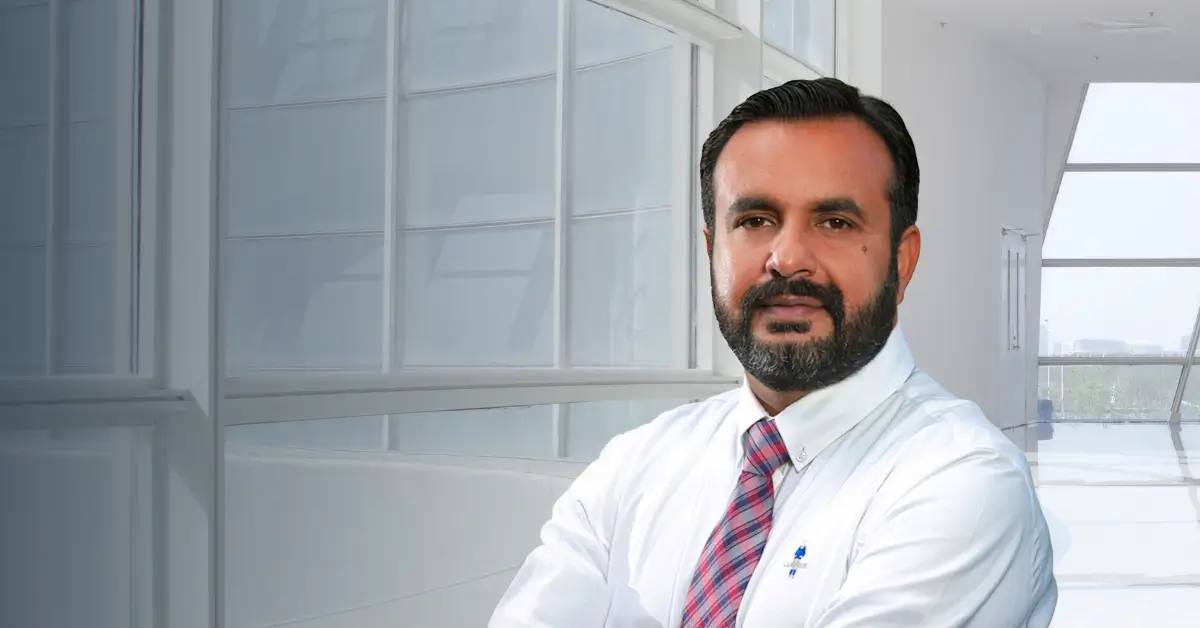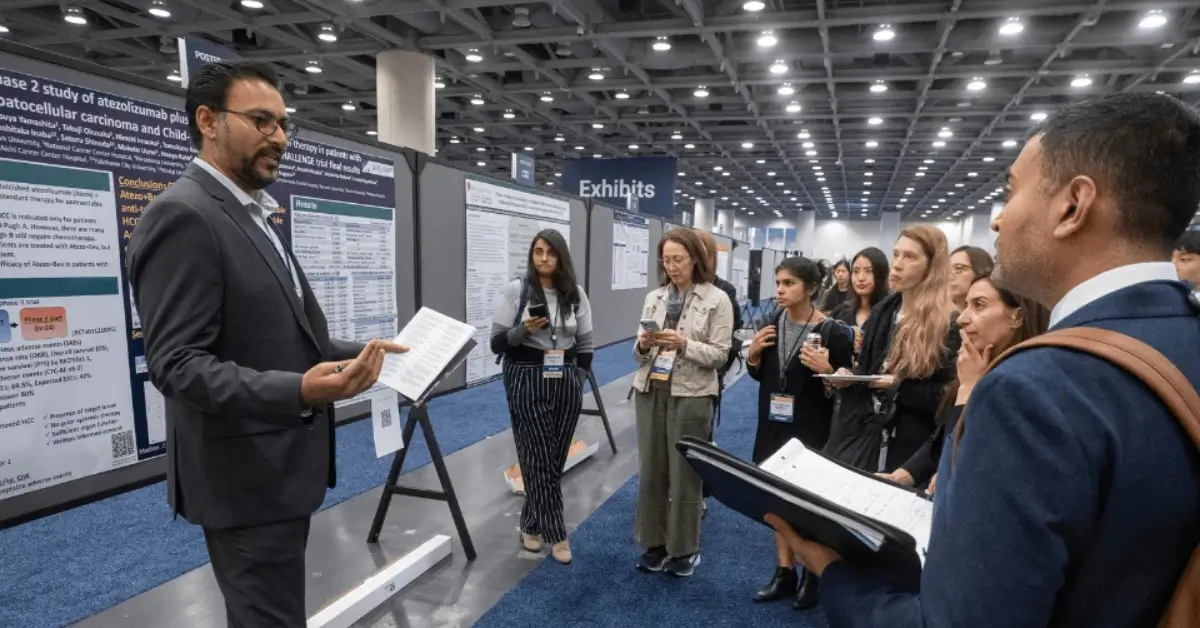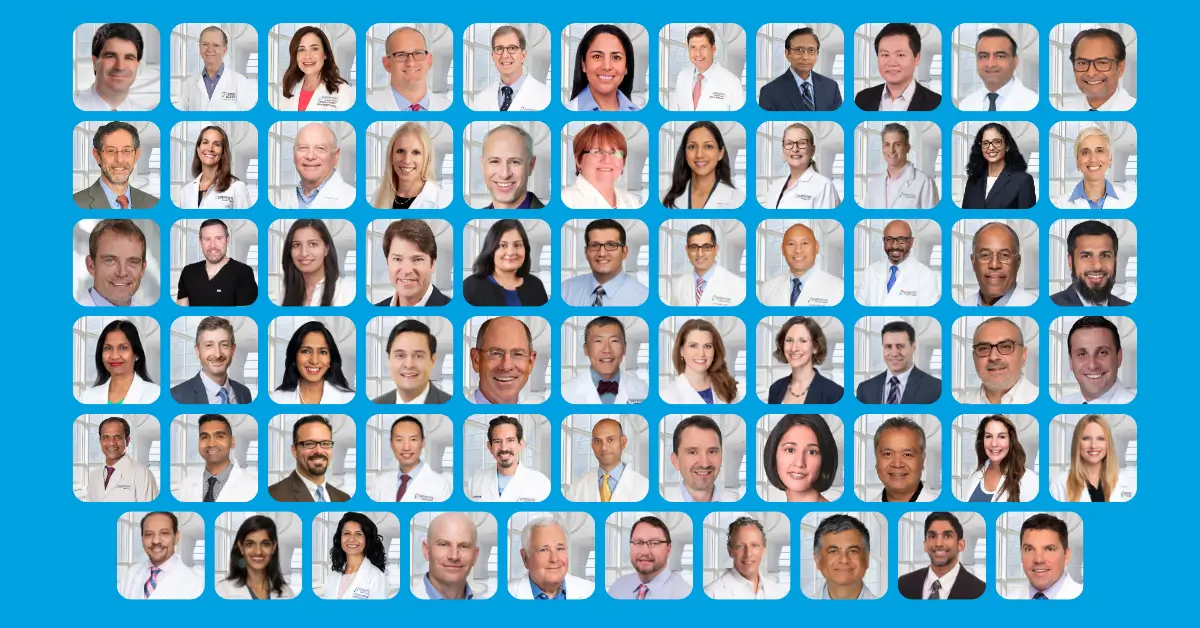Going For The Gold In Spite Of Cancer, Thanks To Clinical Trials

Going For The Gold In Spite Of Cancer, Thanks To Clinical Trials
When asked to name the key elements that have propelled them to elite status, Olympic athletes typically credit discipline, motivation, tenacity, talent and a supportive team. A growing number of current and past Olympians also credit clinical trials.
Thanks to ongoing advancements in cancer treatment brought about through clinical trial research, cancer survivors will be among the nearly 10,500 athletes traveling by boat down the Seine to celebrate the opening of the 2024 Summer Olympics.
Brazilian rugby player Raquel Kochhann is competing in her third Olympics following months of treatment after a malignant tumor was found in her breast. Her cancer is now dormant and under control.
British Paralympian coxswain Erin Kennedy, diagnosed with triple-negative breast cancer in 2022, continued to compete in world events while receiving chemotherapy. Set to steer her crew to a medal win in Paris, Erin reports there is no evidence of cancer in her body.
Team USA water polo player Maddie Musselman has navigated the hurdles of a cancer diagnosis while preparing for her third consecutive Olympics and supporting husband, Pat Woepse, through chemotherapy and radiation treatments for a rare form of stage four lung cancer. Pat will be poolside in Paris with family and friends to cheer Maddie and team on to victory.
Their stories are an inspiration and point of pride for gynecologic oncologist Bradley Monk, MD and his colleagues at Florida Cancer Specialists & Research Institute (FCS). Dr. Monk, medical director of late-phase clinical research for the statewide practice, leads an expert team of physicians and principal investigators involved in the discovery of groundbreaking therapies through clinical trials that are providing hope and unprecedented positive outcomes for patients and their families.
“Helping people stay alive is never enough,” says Dr. Monk. “We have to help patients live better, as well as longer.”
In the last 10 years, thanks to clinical trials, researchers have made major strides in preventing, diagnosing and treating cancer. The overall cancer death rate continues to decline and the number of cancer survivors continues to soar.
“Every clinical trial improves our understanding of cancer,” explains Dr. Monk, who points to the successes of immunotherapy and genomic testing, the growing role of precision medicine and the development of vaccines among the breakthroughs contributing to the ever-brightening outlook for cancer care.
FCS provides ongoing access to more than 300 clinical trials within 30 FCS clinics and three Drug Development Units across Florida. Clinical trials occur in four specific phases. Late-phase trials investigate novel treatments during the end of the approval process to determine if a therapy, drug or procedure shows a better way of treating a particular cancer or a condition for which a treatment didn’t previously exist.
Earlier this year, FCS formed a healthcare analytics company, Vita Nova InsightsSM, to further drive the discovery and development of new therapies using data insights gleaned from real-world practices, including next-generation sequencing testing. By leveraging real-world data to accurately examine each patient’s unique molecular biomarkers, physicians are able to identify very specific and precise targeted treatments much faster and more completely than ever before.
Erin Kennedy says she is grateful for the research that has been done to discover and develop effective treatments, especially for triple-negative breast cancer. “My experience has highlighted to me just how vital cancer research is, to ensure more people have the hope of a cure,” she says.
In July 2023, Kennedy teamed up with six-time Olympic gold medalist Greg Rutherford, himself a survivor of testicular cancer, to launch an inspirational run, FINISH CANCER, along Britain’s coastline to help raise awareness and funding for cancer research.
Clinical trials are part of Maddie Musselman’s story as well. Her husband’s participation in a clinical trial has enabled him to achieve his goal of attending the games to watch her play.
While many think of clinical trials as a last resort, they, in fact, expand treatment options, giving patients the opportunity to access the most up-to-date therapies available, personalized for their unique conditions. Studies consistently show that the outcomes of patients participating in clinical trials are as least as good, if not better, than the general patient population.
“A clinical trial is the best treatment because it is the best opportunity to have a good outcome,” said Dr. Monk. This summer, clinical trials are also enabling some of the world’s brightest Olympic athletes the opportunity to go for the gold, despite a cancer diagnosis.





Comments